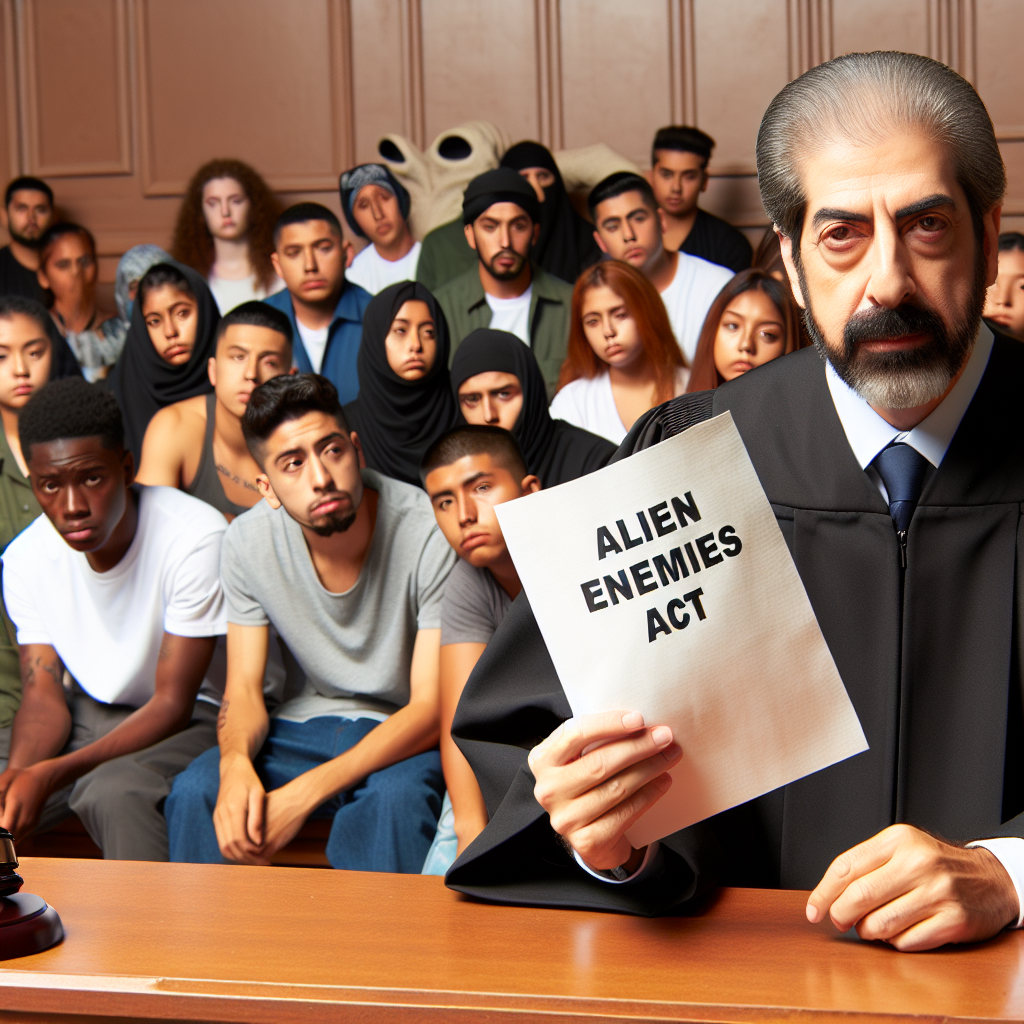Federal Judge Approves Deportation of Venezuelan Gang Members Under Alien Enemies Act
Federal Judge Approves Deportation of Venezuelan Gang Members
Overview of the Ruling
A federal judge has sanctioned the deportation of Venezuelan gang members under the Alien Enemies Act, a decision that has sparked significant discussion and debate. This ruling marks a pivotal moment in the U.S. immigration policy landscape, particularly concerning individuals deemed threats to national security.
Key Details of the Decision
- Legal Basis: The decision leverages the Alien Enemies Act, a rarely used statute that allows for the deportation of individuals from countries considered hostile during times of conflict.
- Target Group: The ruling specifically targets Venezuelan nationals identified as gang members, highlighting concerns over criminal activities and national security threats.
- Judicial Justification: The judge emphasized the need to protect U.S. citizens from potential harm posed by foreign criminal elements.
Implications and Reactions
The ruling has elicited varied reactions from different stakeholders:
- Government Stance: U.S. officials have welcomed the decision, viewing it as a necessary step to enhance public safety and uphold the rule of law.
- Human Rights Concerns: Critics, including human rights organizations, argue that the ruling could lead to potential human rights violations and question the fairness of the process.
- Impact on U.S.-Venezuela Relations: The decision may further strain diplomatic relations between the United States and Venezuela, complicating ongoing geopolitical dynamics.
Conclusion
The federal judge’s approval of deporting Venezuelan gang members under the Alien Enemies Act underscores a significant shift in U.S. immigration policy, prioritizing national security concerns. While the decision is supported by some as a protective measure, it also raises critical questions about human rights and international relations. As the situation unfolds, the broader implications of this ruling will continue to be closely monitored and debated.

































